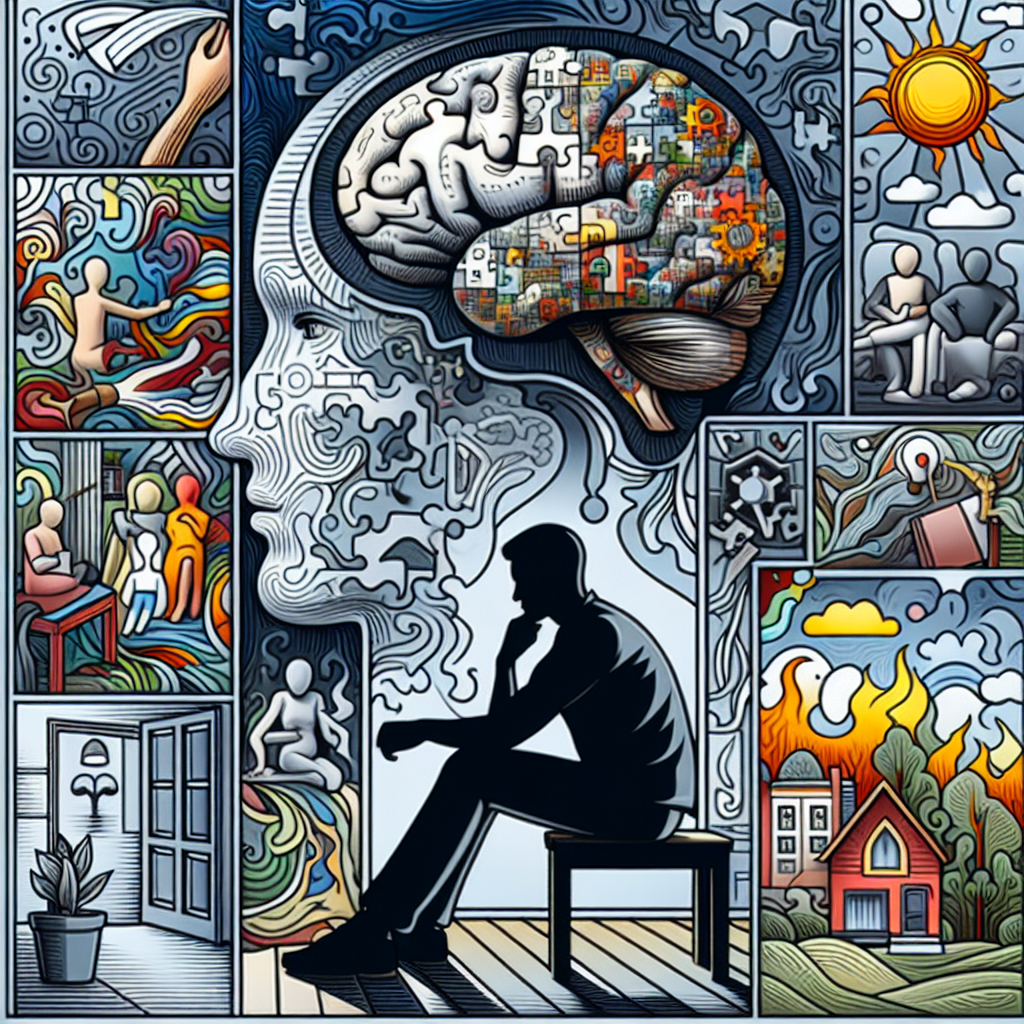Beyond the Couch: How Psychoanalytic Work Extends into Everyday Life
Psychoanalytic work is often associated with the traditional image of a patient lying on a couch, recounting their deepest thoughts and feelings to a therapist. However, the insights gained from psychoanalytic therapy can extend far beyond the confines of the therapist’s office and into everyday life.
One of the key principles of psychoanalytic therapy is the idea that our past experiences, particularly those from childhood, shape our current behavior and relationships. By examining these past experiences and the unconscious thoughts and feelings that accompany them, individuals can gain a deeper understanding of why they behave the way they do and begin to make positive changes in their lives.
This process of self-exploration and self-awareness can have profound effects on how individuals interact with others, make decisions, and navigate the challenges of everyday life. By becoming more attuned to their own thoughts and emotions, individuals can develop healthier coping mechanisms, improve their communication skills, and build stronger, more fulfilling relationships.
Beyond the personal benefits, psychoanalytic work can also have a broader impact on society as a whole. By fostering empathy, understanding, and self-reflection, psychoanalytic therapy can help individuals become more compassionate and tolerant towards others, leading to a more harmonious and interconnected community.
One of the ways in which psychoanalytic work extends into everyday life is through the concept of transference. Transference occurs when individuals unconsciously transfer feelings and attitudes towards a significant person in their past onto their therapist or other individuals in their present life. By recognizing and exploring these transference patterns, individuals can gain valuable insights into their own emotional reactions and learn to navigate their relationships more effectively.
Another way in which psychoanalytic work extends into everyday life is through the process of dream analysis. Dreams are often considered to be a window into the unconscious mind, revealing hidden desires, fears, and unresolved conflicts. By exploring the symbolism and themes present in their dreams, individuals can gain a deeper understanding of their innermost thoughts and feelings, leading to greater self-awareness and personal growth.
In conclusion, psychoanalytic work extends far beyond the confines of the therapist’s office and into every aspect of our lives. By delving into our past experiences, examining our unconscious thoughts and emotions, and exploring the symbolism of our dreams, we can gain valuable insights into ourselves and our relationships, leading to a more fulfilling and meaningful existence.


